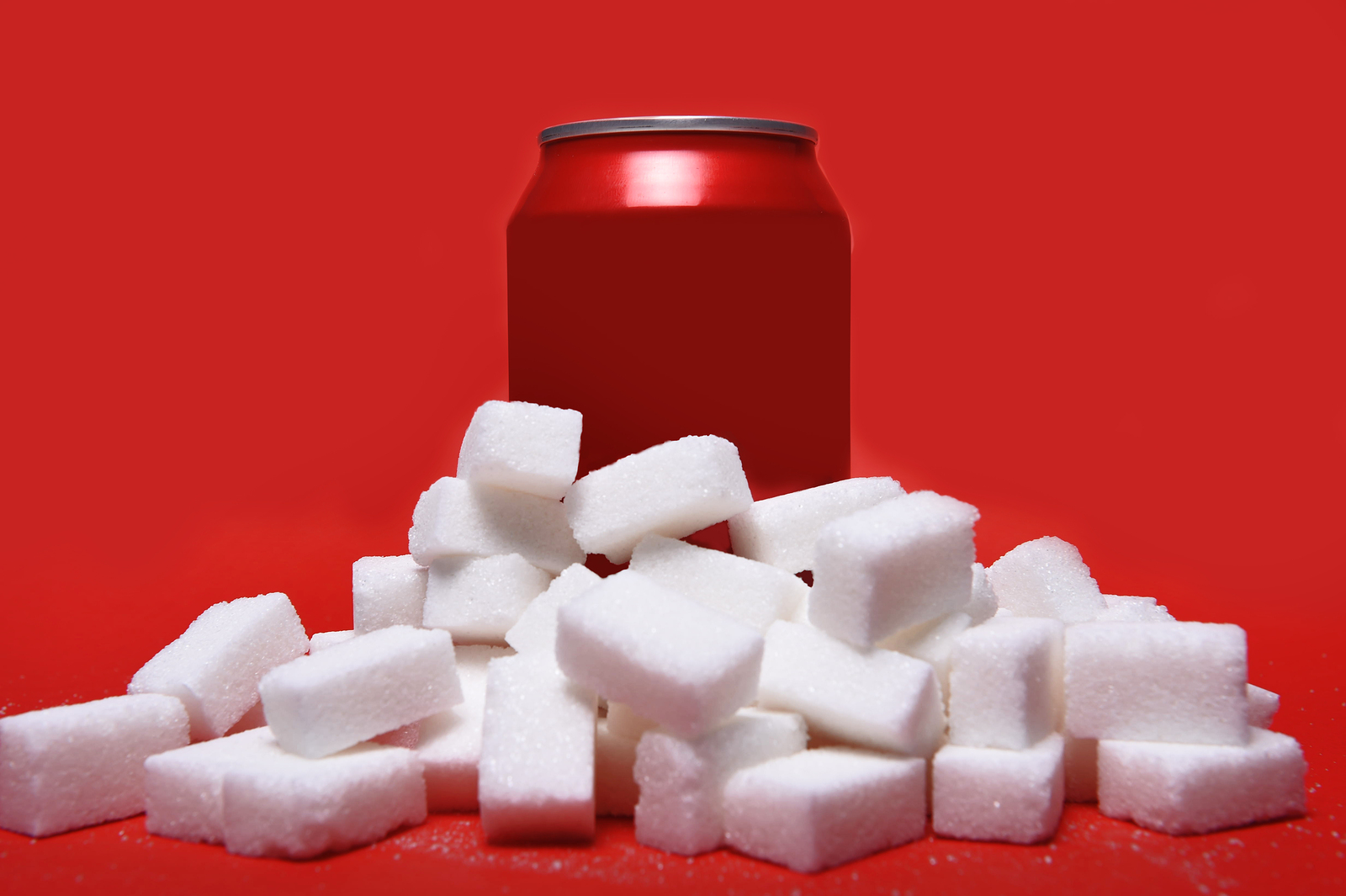More than one in two Australian adults are classified as overweight (35.5%) or obese (27.9%), along with more than one in four children.
[ezcol_1half]
Health problems associated with being overweight are well documented and include increased rates of cardiovascular disease, diabetes and cancer. With obesity rates in Australia continuing to rise rapidly, health groups are calling on the Australian government to implement a tax on drinks with a high-sugar content. More than 20 other countries have a tax on sugary beverages which typically include carbonated soft drinks, sports drinks and energy drinks.
[/ezcol_1half]
[ezcol_1half_end] [/ezcol_1half_end]
[/ezcol_1half_end]
In September last year more than 30 Australian public health, medical and academic groups supported a request for urgent intervention by endorsing priority actions outlined in Tipping The Scales, Australian Obesity Prevention Consensus published by The Global Obesity Centre and the Obesity Policy Coalition. The report identified eight key policy actions:
- Time-based restrictions on junk food marketing
- Targets for food manufacturers, retailers and caterers
- Mandatory health star rating system
- National active travel strategy
- Education campaigns to improve attitudes and behaviours around diet and physical activity
- A 20 percent health levy on sugary drinks
- Establish a national taskforce with a focus on obesity prevention
- Develop national guidelines for weight management.
The Prime Minister rejected the sugar levy on the grounds that consumers already pay enough taxes but acknowledged obesity is a challenge and that more health strategies would be implemented.
The Australian Medical Association (AMA) has again proposed a tax on sugar sweetened drinks in a recently released position paper, arguing that it is critical to combat the obesity epidemic. The AMA’s recently released recommendations also include removing vending machines containing sugary drinks and unhealthy foods from healthcare settings, and a bank on the sale of energy drinks to persons aged under 18.
This week the Consumers Health Forum of Australia published a media release supporting the Australian Medical Association’s renewed call for a health levy on sugar-sweetened drinks along with a ban on junk food advertising at sports events and during children’s television viewing times.
Those opposed to the sugar tax, such as the Australian Beverage Council argues that where the tax has been introduced it has had no effect on obesity. They further argue that sugar-free are increasingly available as an alternative. Other opponents involve the sugar cane industry, covering around 380,000 hectares mainly along Australia’s eastern coastline and is one of Australia’s largest rural industries.
